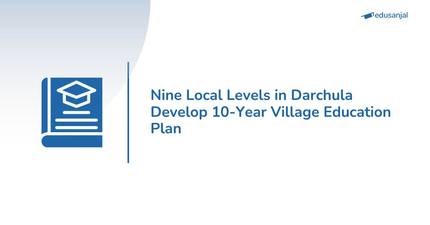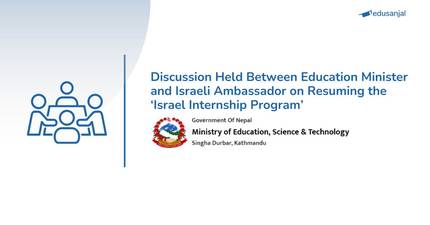This is the excerpt regarding education program and policies from Policies and Programs of Government of Nepal for the Fiscal Year 2011/12.
This was presented by President of the Federal Democratic Republic of Nepal, Bam Baran Yadav. We have presented them here for review, so that you can monitor and evaluate the progress of these policies.
- Free basic education will be gradually made qualitative, useful and compulsory. In accordance with the objective of School Sector Reform Program, legal and structural improvements will be made and syllabus modified so as to improve the quality and extend equitable access to integrated secondary education comprising classes 9 to 12. Reforms will be introduced in teacher management for making teaching profession worth of respect while enhancement of professional skills of teachers will be a priority.
- Integrated Higher Education Policy will be formulated after revising higher education policy, whereas universities will be restructured. Open University programs will be introduced to increase the access of target groups to higher education. The act of establishing polytechnic institutes will be extended in order to produce skilled technical human resource.
- Physical infrastructure of public schools will be improved. The construction of girls' toilets in every school will be intensified. The scholarship in Nursing program awarded to the girls from disadvantaged, Muslim and Dalit Communities in ten Tarai districts will be continued. Academic quality will be improved through student friendly teaching methods to align target group and physical disability.
- In pursuant of the concept of public-private partnership in education, “Model Academic Village” will be developed regionally. Effective regulation and facilitation will be meted out to improve the management of public academic institutions. The use of technology in education will be expanded to introduce effectiveness of teaching learning process, thereby improving academic service delivery. The concept of 'School, a Peace Zone' will be introduced while emphasizing peace and cooperation among school stakeholders. Observation, monitoring and supervision will be further consolidated to obtain desired results in return from investment in education.
- Following the policy of establishing medical colleges in each development region, establishment of medical colleges in Western and Mid-Western Development Regions under the rubric of Tribhuvan University will be initiated.
- While emphasizing on employment-oriented education, vocational and technical education will be expanded. Technical education conducted in public schools will be expanded in all districts.












